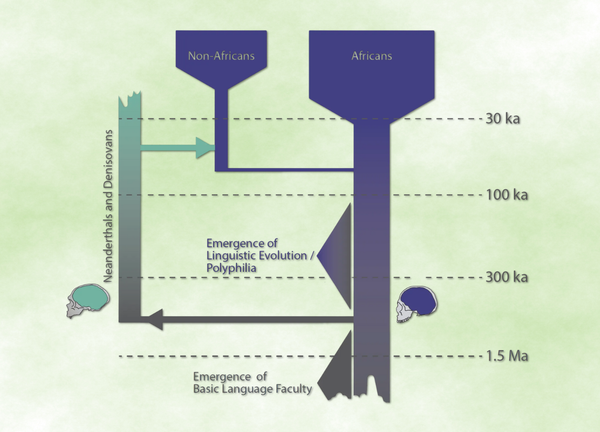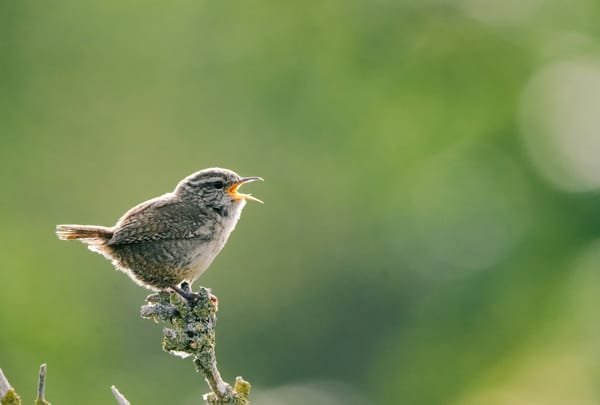
Current Linguistics
We’re finally starting to read the scrolls burnt in the eruption of Mt. Vesuvius
Also this week: How playing a musical instrument helps children learn to read + Why AI is not like humans

Current Linguistics
Also this week: How playing a musical instrument helps children learn to read + Why AI is not like humans

Current Linguistics
Also this week: Smart dogs have a humanlike knack for naming new objects + Birds all over the world use the same sound to warn of threats + The Language-Lover’s Lexipedia

Current Linguistics
Also this week: The Linguistics of a Showgirl: How Taylor Swift’s accent has changed over time + We will soon be able to talk with other species—but which one will be first?

Newsletter
A sneak peek at Jess Zafarris’ new book, “Useless etymology: Word origins for curious minds”

Current Linguistics
Also this week: Jane Goodall dies at 91 + Merriam-Webster adds 5,000 words to the dictionary

Newsletter
A new book takes us on a linguistic odyssey through the history of the alphabet

Current Linguistics
Also this week: Bilingualism is reworking this language’s rainbow + How speaking in a second language directly affects your moral judgement

Current Linguistics
Also this week: The world’s oldest written languages, and a cool new book on etymology. Here’s what happened this week in language and linguistics.

Newsletter
What are the most frequent sounds across languages (and why)?

Current Linguistics
Also this week: Bilingualism is possible for people with a rare genetic condition that normally limits speech + Talk Like a Pirate Day is coming up! 🏴☠️ Here’s what happened this week in language and linguistics.

Current Linguistics
Also this week: How our DNA holds the history of our language + The Cambridge dictionary adds 6,000 new words—and not everybody’s happy about it. Here’s what happened this week in language and linguistics.

Newsletter
What the words “pumpkin spice” teach us about language change and indigenous history